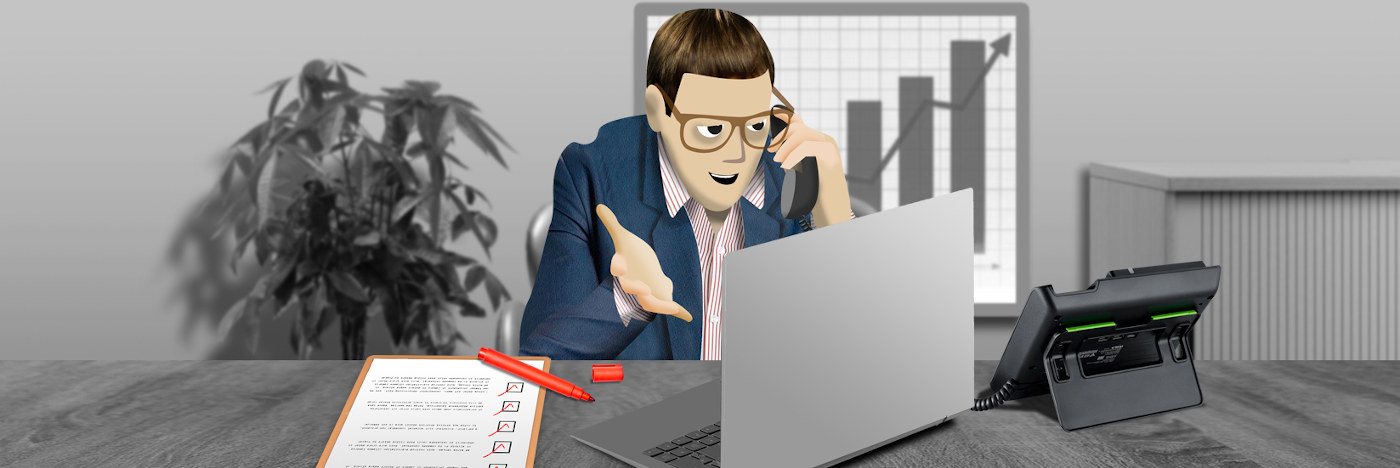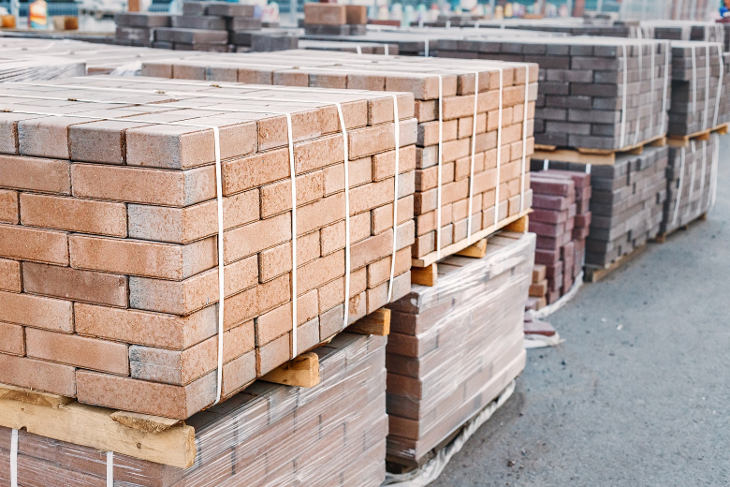

Blog
Transparent pricing - why it's crucial for contractors and subcontractors

Managing the constant changes in the cost of building materials has always been a difficult issue for construction, but there is no doubt that the current period is a particularly tricky one.
Numerous factors that go way beyond the control of subcontractors, such as local lockdowns in cities thousands of miles away, temporary factory closures and global shipping problems, understandably make tendering riskier in these current times.
The latest data from the Department for Business, Energy and Industrial Strategy (BEIS) illustrates the impact that all of these things, and more, are having on material costs. Construction News recently reported on that the cost of building materials increased 23% between August 2020 and 2021. And the forecast is for another 10% rise between now and 2022.
But what happens if - as a subcontractor - your tender bid is accepted and then you realise that haven't factored in a large hike in material costs that's on the horizon? Clients don't have unlimited budgets so claims for 'unforeseen' additional costs won't ever get a warm reception and may simply be rejected in line with the terms of the contract (signed by both parties, of course).
As a result, subcontractors will lose out and relationships then become strained between the client, contractors and subbies, with the potential for costly contract disputes. So how can these stresses be avoided?
Don't bury your head in the sand
The most important thing is for subcontractors to be transparent about their pricing - and ensure they understand what it is they are tendering for.
It is understandable that every subcontractor will want to bid their best price to win the work. But the bid has to be realistic!
It is very high-risk to submit a low bid to win the work in the hope that you can negotiate some extra money as the project unfolds. It could backfire in costly fashion with the potential to seriously damage a subcontractor's chance of winning future contracts.
Unless you've got a crystal ball, you won't be able predict what your material costs are going to be 1, 3, 6 or 12 months down the line with any accuracy. But you can take into account industry forecasts and advice from your merchants. So, if you know that a product or raw material is going to jump in price in the coming months, don't ignore it or pretend it isn't going to happen.
Yes, this could then mean your bid is higher than you want it to be. But ultimately the contractor and client will want you to be able to actually deliver the contract. Tender submissions which are costed exceptionally low will raise suspicions about a subcontractor's viability as no contractor or client will want a subbie to go bust mid-contract.
Understand what the contract involves
It may sound obvious, but do you really know what you are tendering for? No client or contractor will want to hear "that wasn't included in our tender cost" unless they have requested something extra, so don't expect that your additional claims will be readily accepted.
It is important to check the specification of the work at the tendering stage to avoid any uncertainties and ensure (a) you make a profit on the contract and (b) the client gets what they set out for.
Talk to Quantum CPM's contract specialists to avoid losing out
One way that subcontractors and contractors can protect themselves is for Quantum CPM's team to review a contract before signing to ensure its terms allow some flexibility for material price fluctuations and other potential scenarios.
We also provide a range of services to help you deliver contracts smoothly and profitably through our Bundle of Services. As a team of experienced quantity surveyors, we understand the intricacies of contracts and the pressures that employers, contractors and subcontractors face on every construction project.
To find out more please contact us on 0161 974 6655 or email .


